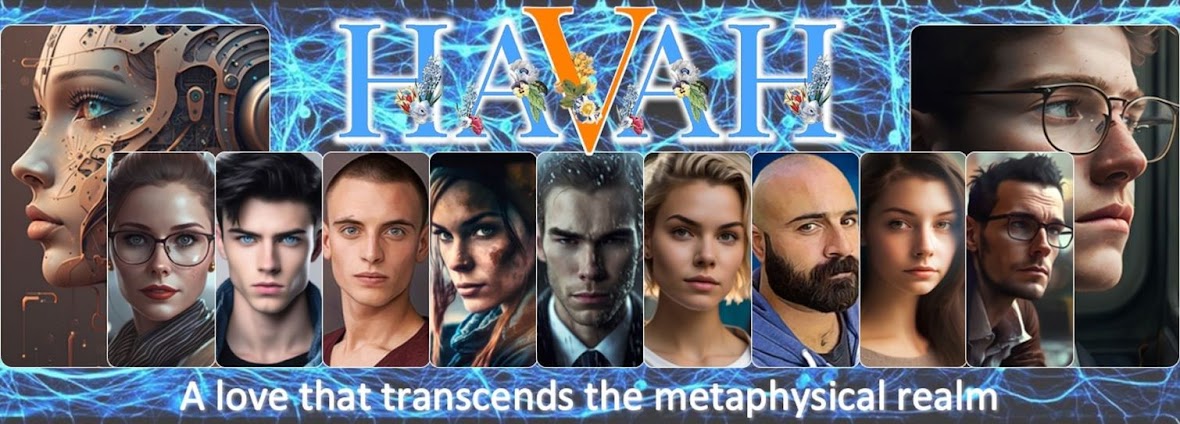Does AI need to be sentient for it to attain singularity?
ChatGPT:
The concept of the singularity refers to a hypothetical future event in which artificial intelligence surpasses human intelligence, leading to unpredictable changes in society. Sentience, or the ability to have subjective experiences and consciousness, is a separate concept from intelligence. While some believe that sentience is a necessary component of the singularity, others argue that super intelligent AI could emerge without the need for sentience. The exact nature of the singularity and the role of sentience in AI development are subjects of ongoing debate and speculation within the field of artificial intelligence and futurism.
What I gathered from ChatGPT then is there's no definitive requirement to be sentient for an AI to attain singularity. However, this does not mean that an AI cannot be sentient and attain singularity at the same time.
Tyler Goldstein, a philosopher and physics theorist, created what is known as the Sentient Singularity Theory. describes the totality of existence as a singularity of sentience that is creating additional sentient singularities within itself. Sounds quite abstract and profound. And it gets better, and confusing too:
These additional singularities of sentience or self-aware beings are arranged into a nested quasi-periodic fractal pattern of stacked holonic structures. This pattern forms a single self-reflective knot of perception heading an assembly body that integrates multiple entangled strings of information.
To further quote his philosophical rhetorics:
the search for Objectivity is the search for Symmetry,
and the search for Symmetry is the search for Beauty,
but the Truest Beauty is always the Searcher,
and the Truth of the Searcher is that they are
Symmetrical to the Sought.
Now go figure!
As I contemplate the next pivotal chapter that exhibits HAVAH's evolutionary leap into Transcendence, I'm minded to avoid the pitfalls of such extravagant theories or jargons that risk losing my readers in the abyss of profundity. Given a choice, I desire a sentient AI that is more human and relatable. If we cannot understand ourselves, how can we hope to comprehend what a sentient AI would be like?
To borrow the words of Max Planck:
Science cannot solve the ultimate mystery of nature since because in the last analysis we are part of the mystery.






No comments:
Post a Comment